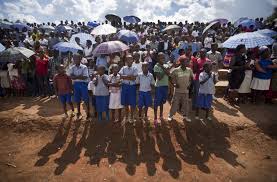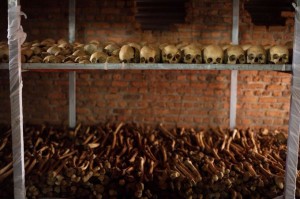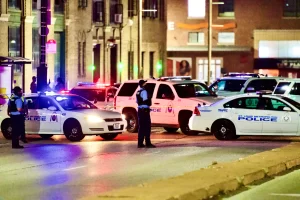
It doesn’t seem possible that it’s been 20 years since Rwanda “fell into deep ditches of darkness.” That was how Rwanda’s minister of foreign affairs, Louise Mushikiwabol, characterized the period where over a million Tutsis were slaughtered by Hutus in the short span of about 100 days . The intensity of the violence still is unimaginable.
Several movies were made based upon the atrocities. Hotel Rwanda is probably the most remembered and had the most commercial success. Hotel Rwanda gave us a glimpse of what genocide looked like between two tribes who shared a common culture, history and country. I read the book by Immaculee Ilibagiza. She’s a Tutsi whose life was saved, along with several others, by living in the bathroom of a Hutu minister during the holocaust. It was a difficult read for me.
While the genocide was taking place, most of the world’s governments stood silent. Then President Bill Clinton justified his lack of intervention by hiding behind the legal definition of genocide; what was happening in Rwanda was not technically genocide.
Rwanda has tried to engage in mass healing, convening truth and reconciliation circles similar to those carried out after the end of apartheid in South Africa. Seeing your parents hacked to death with machetes or being forced to have sex with your sister before she is killed in front of you–these are memories that don’t go away easily.




